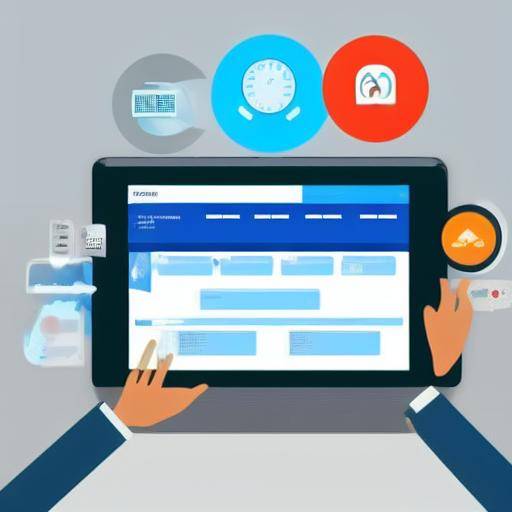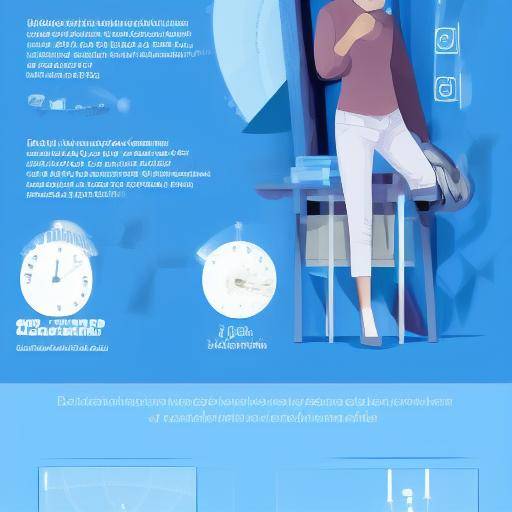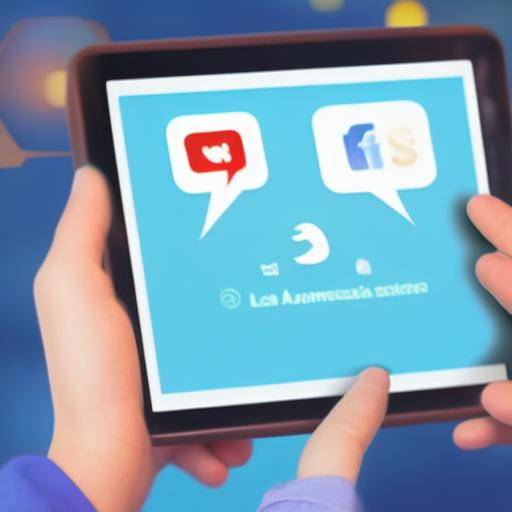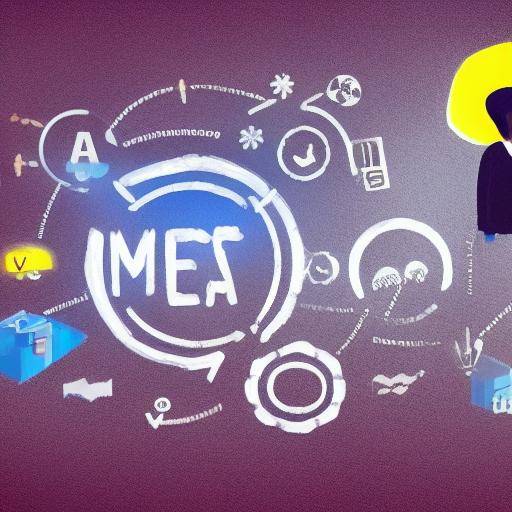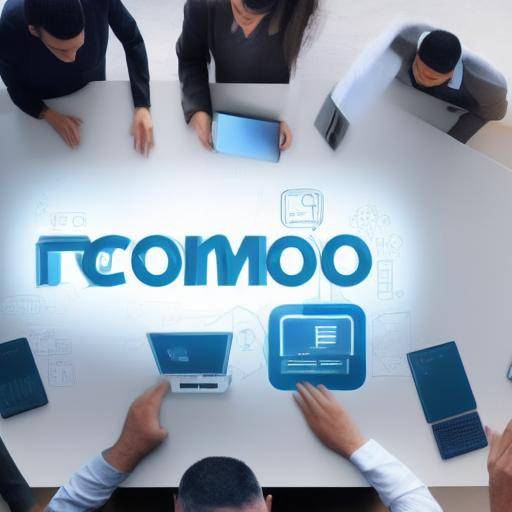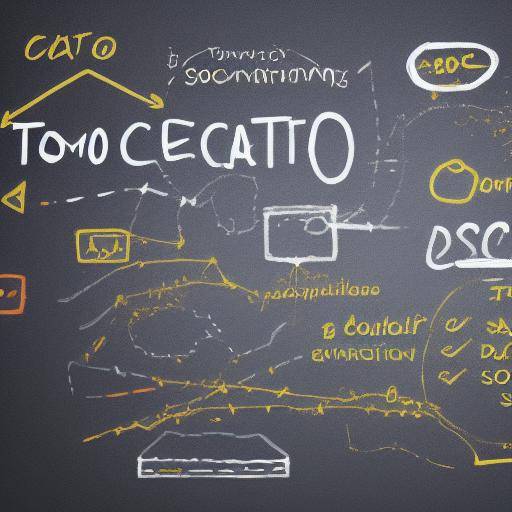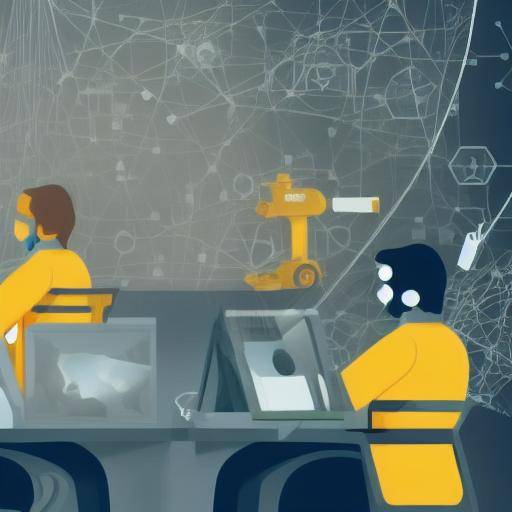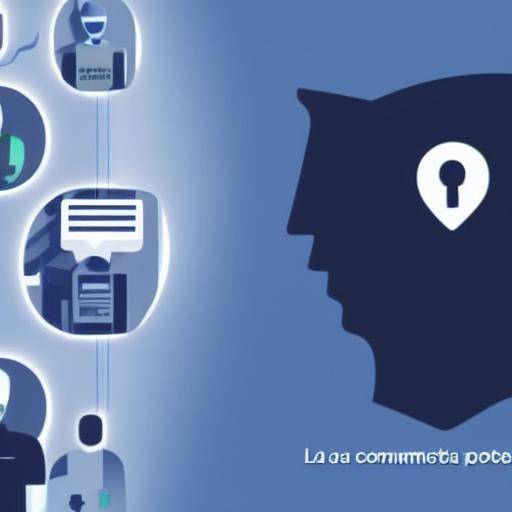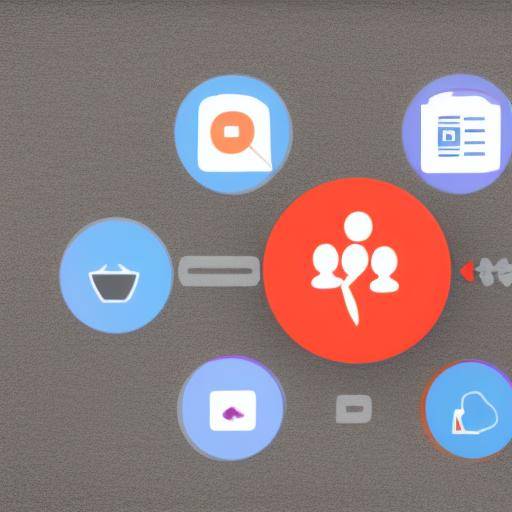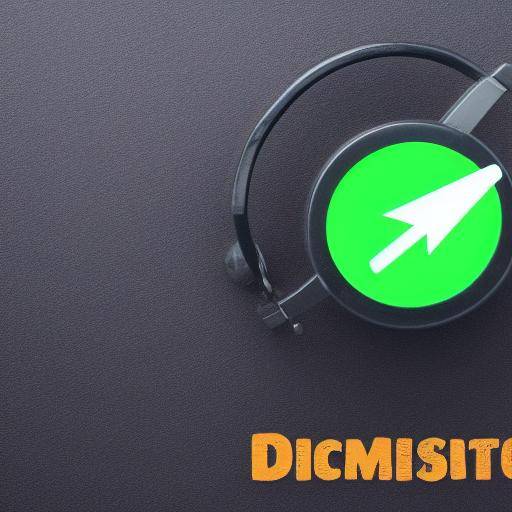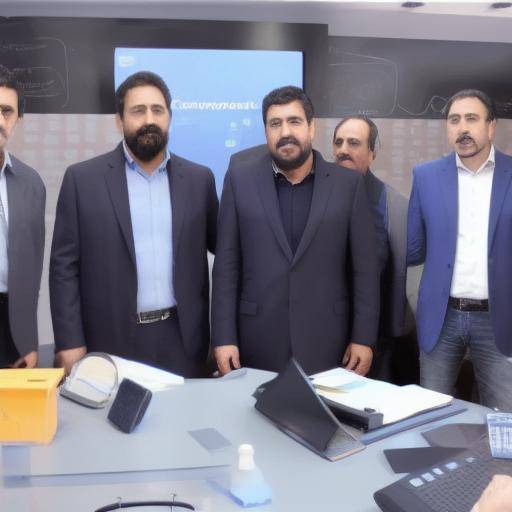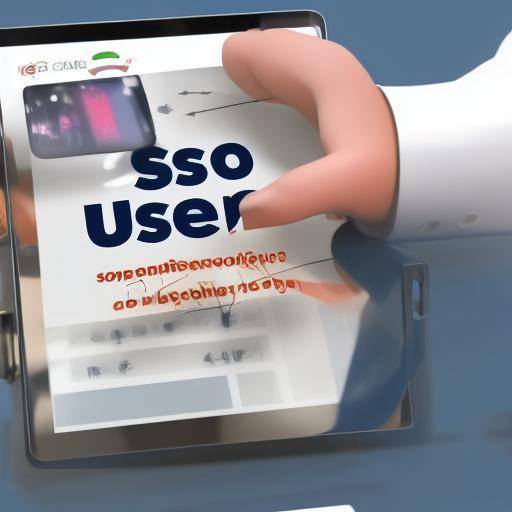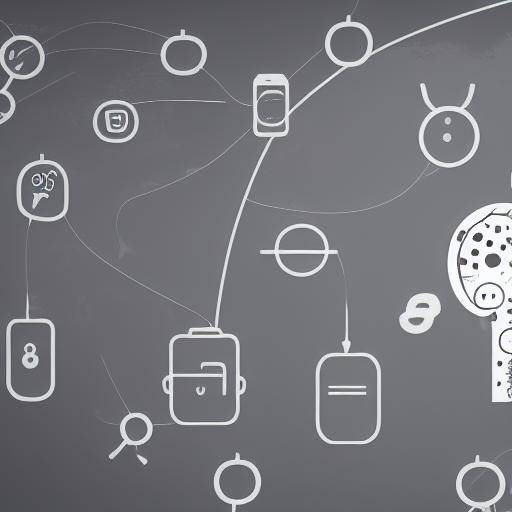
Contemporary society is immersed in a constantly evolving digital world, where technology has revolutionized the way we communicate, absorbing more and more information. In this context, overloading of information has emerged as a phenomenon that significantly impacts personal communication. This article will analyze in depth how overloading information influences personal communication, exploring its impact, challenges and possible solutions.
Introduction
In the current digital era, overloading of information has become an omnipresent aspect of daily life. The constant exposure to a lot of data, news, notifications and messages through various digital platforms has transformed the way we communicate. Personal communication, which once was based on face-to-face interactions and direct messages, is now affected by the overabundance of online information.
In this article, we will explore in detail how overloading information has shaped personal communication in the digital era, addressing both its positive implications and the challenges it poses. We will also discuss strategies and practical advice to effectively manage this phenomenon in the context of interpersonal communication.
History and Background
The evolution of overloading of information goes back to the Internet, when access to the global network experienced exponential growth. With the advent of search engines, social networks, blogs and messaging services, the amount of information available multiplied exponentially. This revolutionary change directly influenced the way people communicate, introducing new challenges and opportunities.
Personal communication has experienced significant transformations over the years, from traditional formats to digital interactions that occur in a virtual environment. The speed with which information spreads and the diversity of available sources have directly impacted the way people relate and communicate with each other.
The advent of mobile technology and the omnipresence of smart devices has redefined personal communication, allowing instant connections but also generating greater information burden for individuals. This digital revolution has generated a paradigm shift in the way human beings connect, interact and interact with each other.
Analysis in Deep
Overload of information has introduced a number of significant challenges in the field of personal communication. While instant connectivity and unlimited access to information may seem beneficial in theory, in practice, adverse consequences have arisen that impact the quality of human interactions.
Challenges of Overloading Information in Personal Communication
- Distraction and Fragmentation: Overabundance of information can be overwhelming, leading to distraction and greater fragmentation in personal conversations. The constant interruption caused by digital notifications makes it difficult to concentrate and affects the quality of communication.
- Disinformation and Manipulation: The proliferation of false content and manipulation of online information pose additional challenges for personal communication. The difficulty of discerning between truthful and misleading news can undermine confidence in interpersonal interactions.
- Emotional overload: The constant flow of information online, which often includes negative news, polarizing debates and heated discussions, can generate an emotional overload on individuals, affecting their ability to hold constructive and empathic talks.
Benefits of Overloading Information in Personal Communication
- Global connectivity: Despite the challenges, overloading of information has facilitated global connectivity, allowing people to establish and maintain long-distance interpersonal relationships through digital platforms.
- Access to Diversity of Outlook: The wide availability of online information has enriched personal conversations by providing access to a diversity of perspectives, experiences and knowledge that could otherwise have been out of reach.
Comprehensive review
Effective management of overloading of information in the context of personal communication requires a balanced approach that recognizes both the challenges and the opportunities it presents. It is essential to develop practical strategies and discernment skills to optimize interpersonal communication in a saturated digital era of information.
Strategies to Manage Information Overload
- Establish Digital Limits: Defining clear limits on the use of digital devices and platforms can help reduce overload of information and encourage more meaningful interactions in personal communication.
- Source verification: Developing critical assessment and source verification skills is essential to avoid the spread of misleading or misleading information in the field of personal communication.
- Active Listening Practices: Cultivating the ability to listen actively and empatheticly can counter the negative effects of overloading by promoting more genuine and meaningful interactions.
- Disconnection Moments: Incorporating moments of digital disconnection into personal interactions can provide space for deeper and more authentic conversations, while reducing the influence of overloading.
Comparative analysis
The intersection between overloading information, personal communication and technology reveals a complex network of interactions that shape human interactions in the digital age. Understanding the similarities, differences and synergies between these elements is essential to effectively address the challenges they pose.
Overload of Information vs. Personal Communication: Similarities and Differences
Overload of information and personal communication share the characteristic of being intrinsically linked to the use of technology today. Both phenomena have been shaped by digital omnipresence, although with different approaches.
While overloading information focuses on the overwhelming amount of data available, personal communication focuses on the quality and authenticity of human interactions. While technology has influenced both aspects, it is crucial to balance their impact to promote meaningful relationships in an increasingly digitalized environment.
Integration of Technology in Personal Communication
Technology has introduced multiple tools and platforms that enrich personal communication, while raising challenges associated with overloading information. Reflective practice and discernment are essential to effectively integrate technology into interpersonal communication, allowing them to take advantage of their benefits without falling prey to their disadvantages.
Practical Tips and Recommendations
Addressing overload of information in personal communication requires the implementation of specific strategies and the adoption of healthy habits in the use of technology. Here are some practical tips for improving the quality of personal interactions in a saturated digital information environment:
Tips to Manage Information Overload in Personal Communication
- Establish regular schedules of digital disconnection to encourage moments of interaction without distractions.
- Prioritizing meaningful and deep conversations, relegating superficial interactions dominated by overloading information.
- Verify the veracity of the information before sharing it or discussing it in the context of personal communication to prevent the spread of disinformation.
Perspectives and Expert Reviews
In order to gain an integral understanding of the intersection between overloading information and personal communication, it is essential to explore the perspectives of experts in the field. The views of specialists on the effective management of overloading in personal interactions are presented below:
Opinions of Experts on the Overload of Information and Personal Communication
Dr. Ana López, Expert in Digital Communication: "Information overload poses significant challenges for personal communication, but also offers opportunities to enrich interactions through the diversity of perspectives available online."
Ing. Carlos Martínez, Specialist in Information Technology: "The effective management of overloading of information in personal communication requires a balanced approach that integrates the conscious use of technology with authentic human interaction practices."
Case Studies and Practical Applications
Reviewing case studies that illustrate the successful implementation of strategies to manage overload information in personal communication can provide valuable lessons and concrete examples. Here are relevant examples that demonstrate the effective implementation of measures to promote significant interactions:
Case Study 1: "Digital Disconnection for Authentic Connections"
In a non-profit organization, the implementation of "technology-free hours" during team meetings promoted more focused and deep discussions, increasing cohesion and commitment among members.
Case Study 2: "Information Verification Strategies"
A group of university students implemented a program to verify the authenticity of the news before sharing it in their social circles, which led to a significant reduction in the dissemination of disinformation in their personal interactions.
Future Trends and Predictions
The panorama of overloading information and its impact on personal communication is subject to continuous evolutions and emerging trends. Understanding future predictions and trends is crucial to anticipate and adapt to changes in this area. Here are some future trends and predictions related to managing overloading in personal communication:
Predictions for the Future of Personal Communication
- Boost of tools and applications that encourage digital disconnection programmed to promote more authentic and focused personal interactions.
- Increased emphasis on media literacy and information verification education as an integral part of the development of skills for personal communication in digital environments.
Conclusions
In short, overloading of information has had a significant impact on personal communication in the digital era. While it presents challenges in the form of distractions, disinformation and emotional overload, it also offers opportunities for broader global connectivity and perspective diversification. In adopting effective strategies, understanding the dynamics between technology, overloading of information and personal communication, and anticipating future trends, it is possible to manage more effectively the overload of information in human interactions.
Frequently asked questions
How does overloading of information affect the quality of personal conversations?
Overloading of information can affect the quality of personal conversations by generating distractions, fragmentation and emotional overload, hindering concentration and empathy, and undermine the authenticity of interactions.
What are some effective strategies to handle overload information in personal communication?
Establishing digital boundaries, source verification, active listening practices and disconnecting moments are effective strategies for managing overloading of information and promoting more meaningful interactions in personal communication.
What is the role of technology in managing overloading information in personal communication?
Technology plays a crucial role in providing tools to manage overloading. However, it is also important to integrate it in a balanced way to enhance authentic interpersonal communication.
How can overloading information benefit personal communication?
Despite the challenges, overloading of information can benefit personal communication by facilitating global connectivity and providing access to a diversity of perspectives and knowledge that enrich human interactions.
What future trends are visible in the field of information overload management in personal communication?
An increase is expected in the development of tools and applications that promote programmed digital disconnection, as well as a greater emphasis on media literacy and information verification education as an integral part of the development of skills for personal communication in digital environments.
How can organizations promote the effective management of overloading of information in personal communication among their partners?
Organizations can promote the effective management of overloading of information by establishing clear policies that foster digital disconnection, provide information verification training and promote active listening practices and deep-seated discussions as part of their organizational culture.
Investigating and addressing overloading of information in personal communication is critical in a digitalized world, and in implementing effective strategies and adopting a balanced approach, it is possible to enhance genuine and meaningful human interactions in the digital age.

